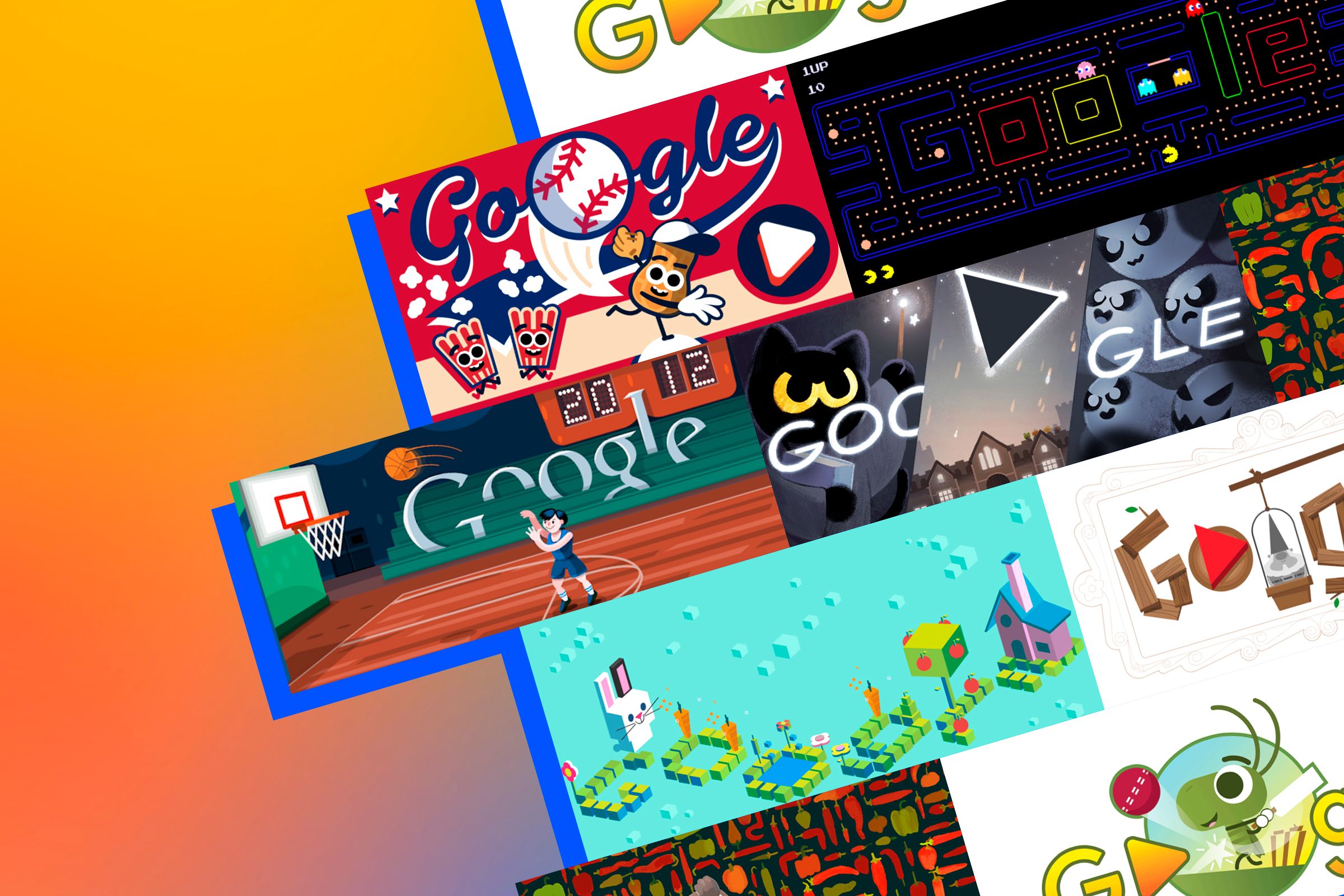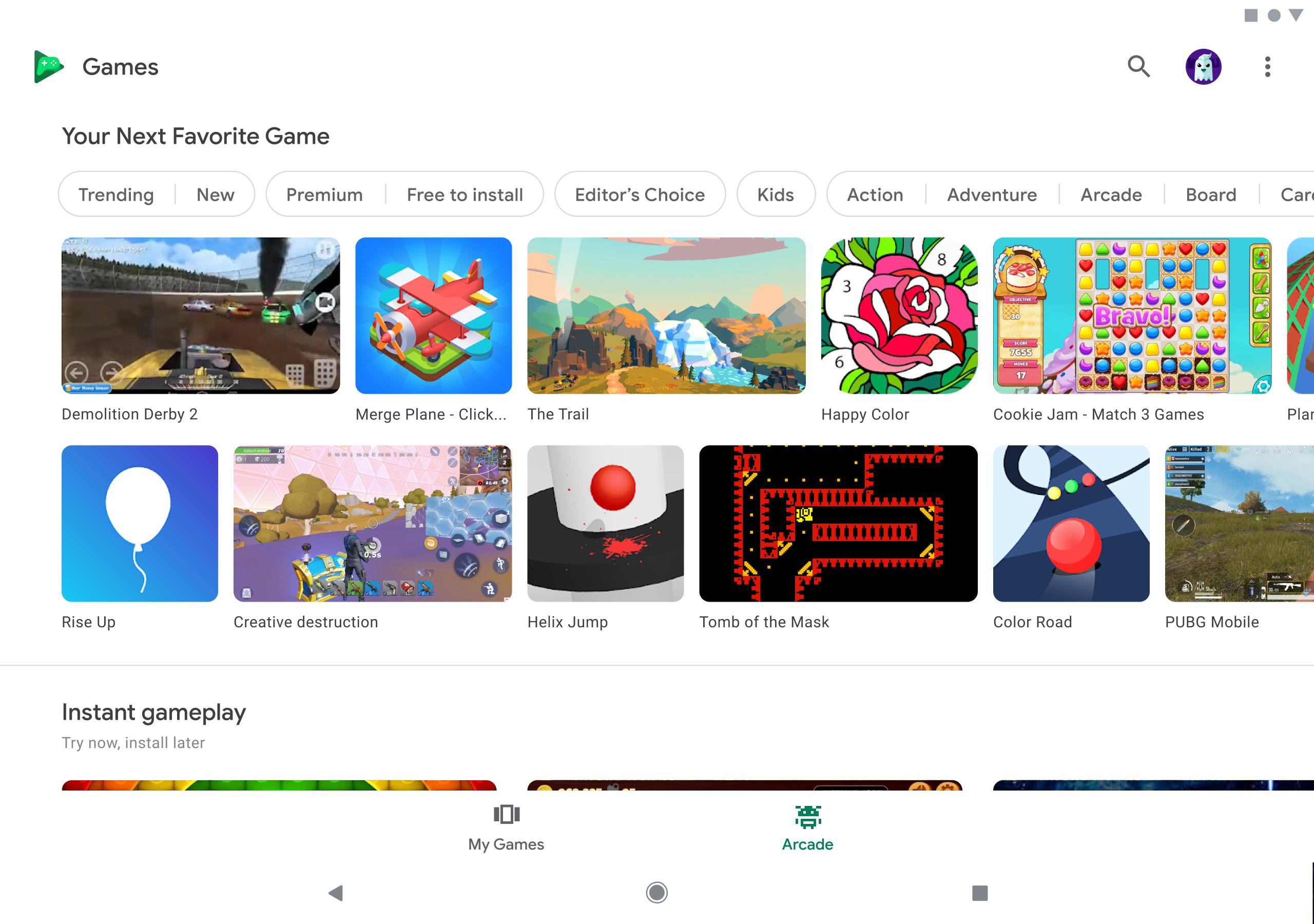Google Games G+: A Deep Dive Into The Rise And Fall Of A Gaming Giant
Google Games G+ was once a promising platform that aimed to revolutionize online gaming. It promised a seamless experience where gamers could connect, compete, and collaborate all within the Google ecosystem. But what happened to this ambitious project? Why did it fade into obscurity? In this article, we’ll explore the story behind Google Games G+ and uncover the reasons behind its rise and fall.
Imagine a world where Google ruled not just search engines but also the gaming universe. That’s exactly what Google was trying to achieve with Google Games G+. Back in the day, it seemed like a no-brainer. Google already had millions of users on its social network Google+, so why not capitalize on that by integrating gaming? Sounds like a solid plan, right? Well, as we’ll soon discover, things didn’t exactly go according to plan.
This article isn’t just about nostalgia; it’s about learning from the past. By understanding what went wrong with Google Games G+, we can gain valuable insights into the gaming industry and how platforms succeed or fail. So buckle up, grab a snack, and let’s dive into the wild world of Google Games G+!
What Exactly Was Google Games G+?
Let’s start with the basics. Google Games G+ was an initiative by Google to integrate gaming into its social network, Google+. Launched in 2013, it was designed to be a hub for gamers to play, share, and connect. The idea was simple yet ambitious: create a platform where users could enjoy games while staying connected with their friends on Google+.
But here’s the kicker: Google Games G+ wasn’t just another gaming platform. It was part of a larger strategy to make Google+ more appealing. At the time, Google+ was struggling to compete with Facebook and other social media giants. By adding gaming, Google hoped to attract a younger, more engaged audience.
Key Features of Google Games G+
So, what made Google Games G+ stand out? Here are some of its standout features:
- 7 Movierulz The Ultimate Guide To Understanding The Controversial Streaming Hub
- Movie Hd Hub Your Ultimate Destination For Highquality Entertainment
- Seamless Integration: Games were deeply integrated into Google+, making it easy for users to access them directly from their profiles.
- Social Features: Players could invite friends, join multiplayer sessions, and even share achievements.
- Leaderboards: Competitive gamers loved the leaderboard feature, which allowed them to compare scores with friends and rivals.
- Cloud Sync: Progress was automatically saved to the cloud, so players could pick up where they left off on any device.
On paper, these features sounded amazing. But as we’ll see later, execution is everything.
The Rise of Google Games G+
When Google Games G+ launched, there was a lot of hype surrounding it. Gamers were excited about the potential of a platform that combined social networking and gaming. Developers were also intrigued by the prospect of reaching millions of Google+ users.
During its early days, Google Games G+ saw some impressive numbers. Thousands of games were added to the platform, and user engagement was high. Gamers loved the ability to play with friends and compete on leaderboards. For a brief moment, it seemed like Google had cracked the code for social gaming.
Why Did Gamers Love It?
Let’s break down why Google Games G+ initially resonated with gamers:
- Social Connectivity: Gamers could easily connect with friends and family who were already on Google+.
- Varied Game Selection: The platform offered a wide range of games, from casual puzzles to more complex multiplayer experiences.
- Convenience: With cloud sync and seamless integration, gamers could play on multiple devices without losing progress.
But as we all know, what goes up must come down. And for Google Games G+, the fall was imminent.
The Fall of Google Games G+
Despite its promising start, Google Games G+ eventually faltered. By 2015, the platform was already showing signs of decline. User engagement dropped, and developers began pulling their games from the platform. So, what went wrong?
One major issue was the decline of Google+ itself. As Google+ struggled to attract and retain users, Google Games G+ suffered by association. Without a strong social network to anchor it, the platform lost its appeal.
Key Reasons for Its Failure
Here are some of the main reasons why Google Games G+ didn’t succeed:
- Lack of Innovation: While the platform had some cool features, it didn’t offer anything truly groundbreaking.
- Competition: Platforms like Facebook Gaming and Steam offered more robust gaming experiences, making it hard for Google Games G+ to compete.
- Poor Marketing: Google didn’t do enough to promote the platform, which limited its reach and visibility.
By 2019, Google officially shut down Google+, and with it, Google Games G+ was consigned to the dustbin of history.
Lessons Learned from Google Games G+
So, what can we learn from the rise and fall of Google Games G+? Here are a few key takeaways:
- Execution Matters: Having a great idea is one thing, but executing it properly is another. Google Games G+ had potential, but it failed to deliver on its promises.
- Know Your Audience: Google underestimated the importance of understanding its users. Gamers wanted more than just social features; they wanted a platform that catered to their specific needs.
- Adapt or Die: The gaming industry is constantly evolving. Platforms that fail to adapt to changing trends and user preferences are doomed to fail.
These lessons are just as relevant today as they were back then. As new gaming platforms emerge, they would do well to learn from the mistakes of their predecessors.
The Impact on the Gaming Industry
While Google Games G+ may have failed, its impact on the gaming industry cannot be ignored. It paved the way for future platforms that combined social networking and gaming. Today, platforms like Discord and Roblox are thriving, offering experiences that Google Games G+ could only dream of.
Moreover, the failure of Google Games G+ highlighted the importance of user engagement and community building. Modern gaming platforms understand that success isn’t just about offering games; it’s about creating a community where players feel connected and valued.
How Modern Platforms Are Doing It Right
Let’s take a look at how modern platforms are learning from the mistakes of Google Games G+:
- Focus on Community: Platforms like Discord prioritize community building, offering features that foster collaboration and communication.
- Embrace Innovation: Roblox, for example, allows users to create their own games, giving them a sense of ownership and creativity.
- Listen to Users: Successful platforms actively seek feedback from their users and use it to improve their offerings.
These strategies have proven to be far more effective than anything Google Games G+ attempted.
Could Google Games G+ Have Succeeded?
It’s easy to look back and wonder if Google Games G+ could have succeeded if things had been done differently. In theory, it had all the ingredients for success: a massive user base, strong integration with Google services, and a promising feature set. But in practice, it fell short in several key areas.
Had Google invested more in marketing and innovation, perhaps the platform could have stood a chance. Or maybe it was simply ahead of its time, destined to fail because the market wasn’t ready for what it had to offer.
What Could Have Been Done Differently?
Here are a few things that could have helped Google Games G+ succeed:
- Stronger Marketing Campaigns: Google could have done more to promote the platform and raise awareness among gamers.
- Partnerships with Developers: Building stronger relationships with game developers could have ensured a steady stream of high-quality games.
- User Feedback Mechanisms: Implementing systems to gather and act on user feedback could have helped improve the platform over time.
Of course, hindsight is 20/20. At the time, Google likely believed it was doing everything right. But as we now know, that wasn’t enough.
The Legacy of Google Games G+
While Google Games G+ may be gone, its legacy lives on in the form of lessons learned and innovations inspired. It serves as a reminder of the importance of execution, innovation, and understanding your audience. For those of us who remember it fondly, it will always hold a special place in our hearts as a bold but ultimately flawed experiment in social gaming.
As the gaming industry continues to evolve, we can only hope that future platforms will build on the successes and learn from the failures of their predecessors. After all, every failure is an opportunity to learn and grow.
Conclusion: What’s Next for Gaming Platforms?
In conclusion, Google Games G+ was a fascinating experiment that ultimately fell short of its goals. While it failed to achieve the success it deserved, it paved the way for future platforms that are thriving today. The lessons learned from its rise and fall are invaluable for anyone looking to enter the gaming industry.
So, what’s next for gaming platforms? Only time will tell. But one thing is certain: the industry will continue to evolve, and platforms that adapt to changing trends and user preferences will be the ones that succeed.
What do you think about Google Games G+? Do you have any fond memories of the platform? Let us know in the comments below, and don’t forget to share this article with your fellow gamers!
Table of Contents
What Exactly Was Google Games G+?
Lessons Learned from Google Games G+
The Impact on the Gaming Industry
Could Google Games G+ Have Succeeded?
Conclusion: What’s Next for Gaming Platforms?
Sub-Sections
Key Features of Google Games G+
How Modern Platforms Are Doing It Right
What Could Have Been Done Differently?



Detail Author:
- Name : Dallin Shields
- Username : alysa30
- Email : torphy.leif@kub.net
- Birthdate : 1982-09-21
- Address : 7743 Towne Pike Suite 144 Ellaview, NM 76125
- Phone : (517) 717-0144
- Company : Green Inc
- Job : Lodging Manager
- Bio : Fugiat voluptas at corrupti eum facilis. Eaque sit et magni. Minima sint iure qui velit doloremque quia rerum voluptas.
Socials
linkedin:
- url : https://linkedin.com/in/jacqueskulas
- username : jacqueskulas
- bio : Esse deserunt sed hic mollitia aut earum beatae.
- followers : 521
- following : 2611
tiktok:
- url : https://tiktok.com/@jacques.kulas
- username : jacques.kulas
- bio : Tempora qui adipisci qui aut.
- followers : 5851
- following : 1086
facebook:
- url : https://facebook.com/jkulas
- username : jkulas
- bio : Eaque ducimus earum blanditiis magni.
- followers : 3768
- following : 85